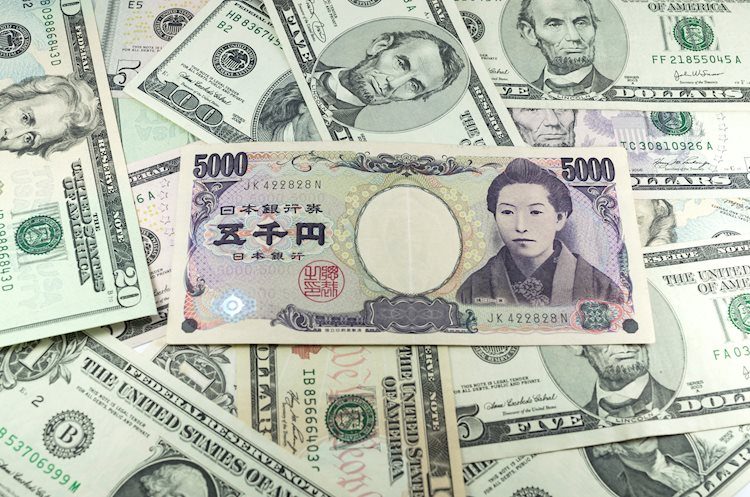The Japanese Yen strengthened against the US Dollar following the release of Tokyo Consumer Price Index (CPI) inflation data, showing a rise in December. This data is expected to keep the Bank of Japan (BoJ) on track for an interest rate hike in January. The headline Tokyo CPI inflation increased to 3.0% YoY in December, up from 2.6% in November. This rise in inflation indicates a positive economic outlook for Japan.
The Bank of Japan (BoJ) also released the Summary of Opinions from its December monetary policy meeting, highlighting plans to adjust easing measures if economic conditions align with expectations. One BoJ board member emphasized the importance of monitoring wage negotiation momentum, while another stressed the need for scrutiny of data to determine any changes to monetary support. These discussions further support the possibility of an interest rate hike in January.
On the other hand, the US Dollar Index (DXY) trades around 108.10, slightly below its highest level since November 2022. The US Dollar receives support from growing expectations of fewer rate cuts by the US Federal Reserve (Fed). In its December meeting, the Fed reduced interest rates by a quarter point and revised its 2025 projection to include only two rate cuts, down from the previously forecasted four. This tempered the likelihood of additional rate cuts next year.
The USD/JPY pair could test its monthly high at 158.08, reached on Thursday. A break above this level could support the pair to target the upper boundary of the ascending channel near the 160.30 level. On the downside, the USD/JPY pair could find primary support at the nine-day Exponential Moving Average (EMA) around 156.48, aligned with the ascending channel’s lower boundary. The technical analysis indicates a bullish trend for the pair.
The Japanese Yen (JPY) is influenced by various factors, including the performance of the Japanese economy, the Bank of Japan’s policy, differential between Japanese and US bond yields, and risk sentiment among traders. The BoJ’s decision to gradually abandon ultra-loose monetary policy and the widening differential with the US Federal Reserve have impacted the value of the Yen. Additionally, the Yen is considered a safe-haven investment, meaning investors tend to flock to it during times of market stress, strengthening its value against riskier currencies.
Overall, the Japanese Yen’s appreciation against the US Dollar is driven by positive inflation data, expectations of an interest rate hike by the Bank of Japan, and cautious optimism in the market. As both central banks navigate monetary policy decisions and economic conditions, the USD/JPY pair is likely to experience fluctuations based on data releases and market sentiment. Investors will closely monitor upcoming meetings and economic indicators to gauge the future direction of the currency pair.











